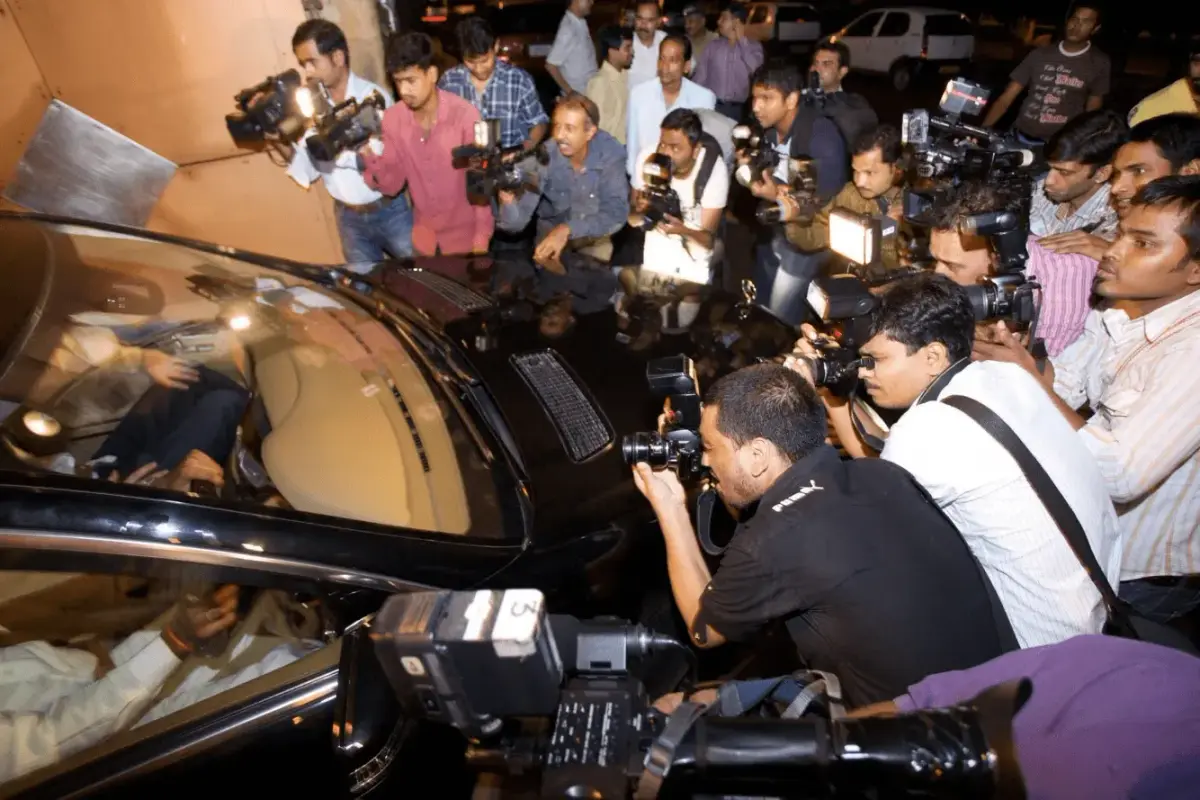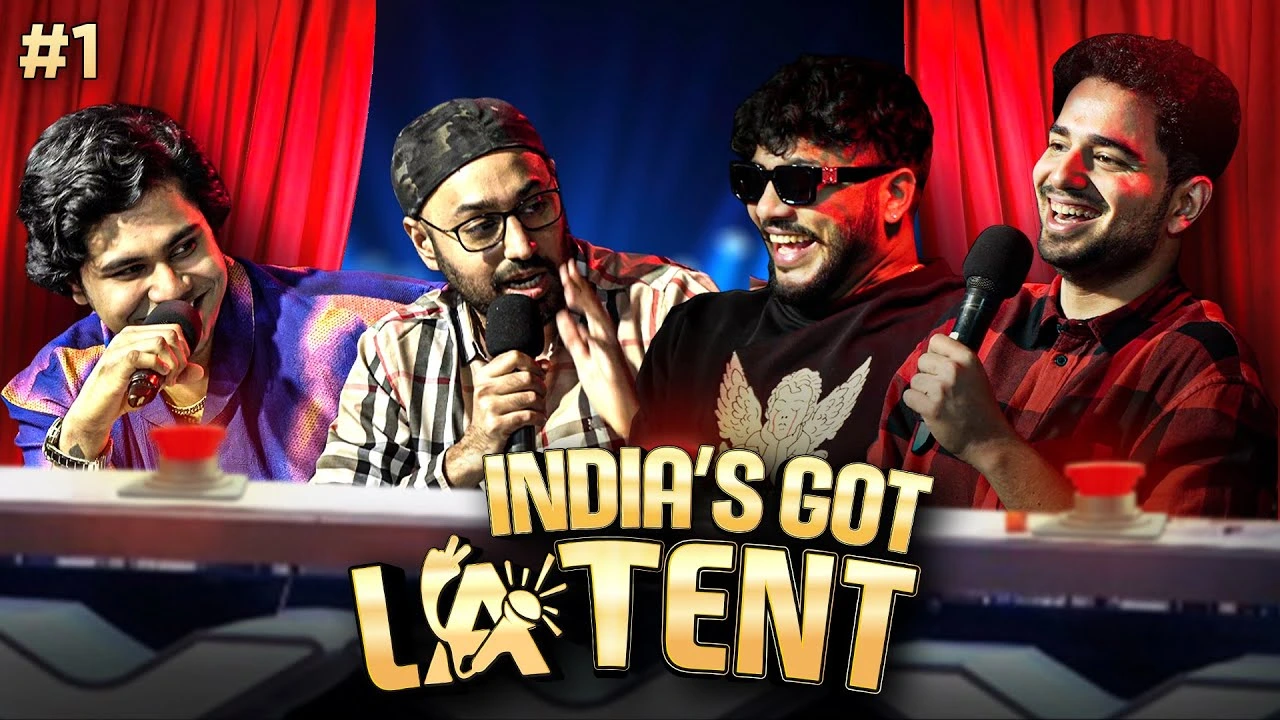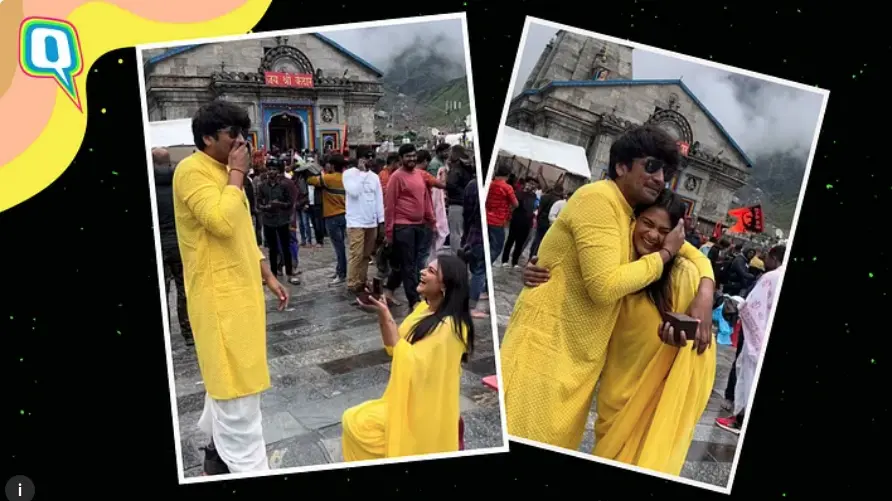Comedian Samay Raina recently faced significant backlash and legal trouble following an episode of his YouTube show 'India's Got Latent'. This blog post explores the details of the controversy, the reactions, and the broader implications for freedom of speech and online content.
The Controversial Episode:
The controversy stemmed from a question posed by guest judge Ranveer Allahbadia to a contestant. The question, deemed offensive and inappropriate by many, asked: 'Would you rather watch your parents have sex every day for the rest of your life or join in once to stop it forever?'
Public Reaction and Legal Repercussions:
The question sparked widespread outrage online, leading to multiple FIRs being filed against Raina, Allahbadia, and others involved in the show. The controversy quickly escalated, dominating social media discussions.
Despite Raina's public apology and the removal of all episodes from his channel, the legal proceedings continue. He has been served a second summons by the Maharashtra Cyber Police, requiring his appearance.
History of Controversies:
This isn't the first time 'India's Got Latent' has been criticized for offensive content. The show has previously faced backlash for remarks targeting people with disabilities, residents of Arunachal Pradesh, and individuals suffering from depression. This pattern of controversial content raises questions about the show's editorial oversight.
Freedom of Speech vs. Decency:
The controversy has ignited a broader debate about the boundaries of freedom of speech, particularly in the context of online content and comedy. Some argue that comedy should not have limits, while others believe certain topics are inherently off-limits and that those who cross these lines should be held accountable.
The Power and Responsibility of Online Platforms:
The Samay Raina controversy highlights the immense power of social media and the responsibility that comes with having a platform. It underscores the ongoing tension between freedom of expression and the need to protect vulnerable groups from harmful content. The incident serves as a cautionary tale for content creators.
Conclusion:
The Samay Raina controversy is a complex issue with no easy answers. It raises important questions about free speech, online responsibility, and the evolving landscape of comedy in the digital age. The legal proceedings and public discourse surrounding this incident will likely continue to shape these discussions for some time to come.



